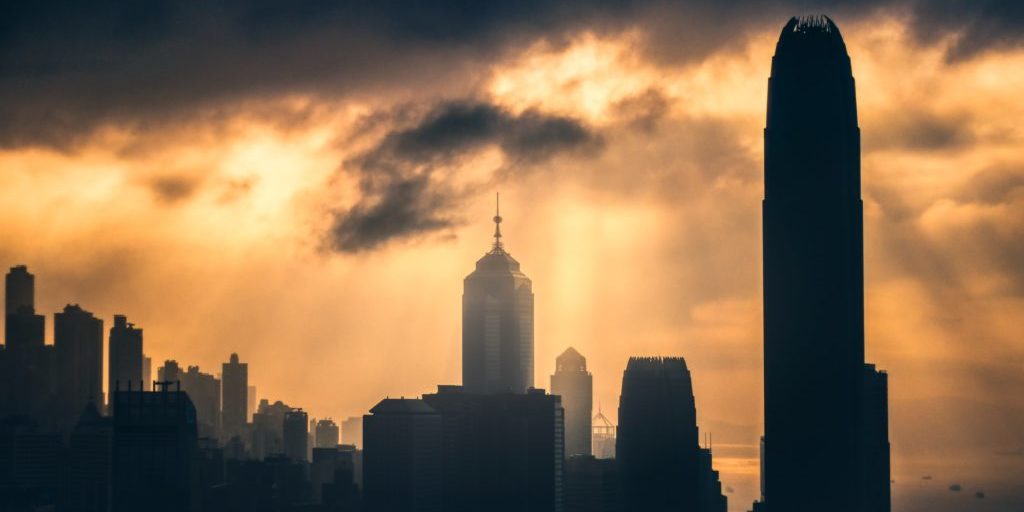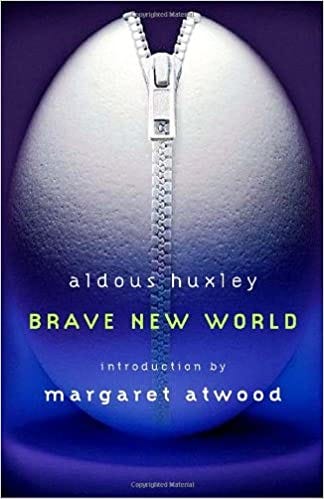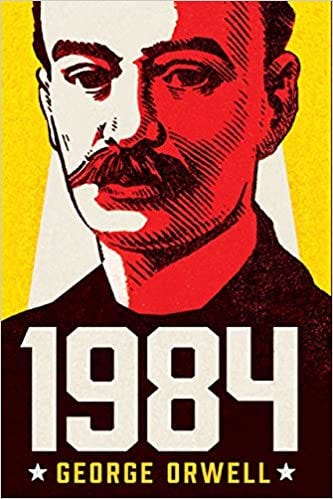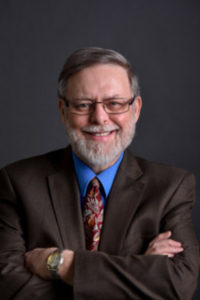
Brave New World or 1984?
I have been thinking about the two great dystopian novels of the first half of the 20th century for many years now. Aldous Huxley wrote his Brave New World in 1932 and it must have seemed completely fanciful to its first readers. Free sex, the abolition of the family, no more war, and religion completely eliminated except for a blasphemous orgy ritual designed to be cathartic. It sounds like that horrible, shallow, anti-human song by John Lennon: Imagine.
 Then, after World War II, in 1949, George Orwell wrote his 1984. The two novels both portray a dystopian future in which the human spirit does not survive. The freedom and self-possession necessary for the human spirit to grow and flourish are crushed by state tyranny using brute force, lies, and police state tactics in 1984. But in Brave New World, the human spirit is not crushed; it is, rather, smothered to death with paternalism and drugs.
Then, after World War II, in 1949, George Orwell wrote his 1984. The two novels both portray a dystopian future in which the human spirit does not survive. The freedom and self-possession necessary for the human spirit to grow and flourish are crushed by state tyranny using brute force, lies, and police state tactics in 1984. But in Brave New World, the human spirit is not crushed; it is, rather, smothered to death with paternalism and drugs.
 In 1984 families are divided by state-controlled education that turns children into informers on their parents. In Brave New World the family has been abolished altogether and children are conceived in laboratories and raised by the all-powerful state. Upon first reading, 1984 seems more violent and frightening. The State is permanently at war and it relies on crude force, including torture, to keep the population in line. But upon reflection, Brave New World seems far worse in that people no longer even want to rebel or be free. They want “safe spaces” and someone to make all the important decisions for them. The Controllers exercise a degree of control of which the bureaucratic tyrants of 1984 could only dream.
In 1984 families are divided by state-controlled education that turns children into informers on their parents. In Brave New World the family has been abolished altogether and children are conceived in laboratories and raised by the all-powerful state. Upon first reading, 1984 seems more violent and frightening. The State is permanently at war and it relies on crude force, including torture, to keep the population in line. But upon reflection, Brave New World seems far worse in that people no longer even want to rebel or be free. They want “safe spaces” and someone to make all the important decisions for them. The Controllers exercise a degree of control of which the bureaucratic tyrants of 1984 could only dream.
Where Are We Headed?
For a long while, it looked like 1984 was the future of the world. It was the reality in the Stalinist USSR and the world Communist movement sought to export the revolution around the globe. But in 1989 the Berlin Fall fell and many sentimental and gullible people fell for the whole “end of history” line that was popular in the 1990s. According to Francis Fukuyama, history had come to an end with ubiquitous and permanent liberal democracy everywhere. Then 911 reminded everyone that groups with certain, shall we say, different, visions of politics still had a few cards to play.
As the West realized that history was still ongoing, that there are real dangers out there, and that real evil really exists, the response was not to return to our Christian roots but rather to hide our collective heads in the sand. Substitute smartphones for soma and you can see how far we have moved toward Brave New World. Sometime around 2010, we passed the point where the majority of teenagers in North America had smartphones. At that point, we took a quantum leap forward toward a dystopian future.
In his great dialogue, The Republic, Plato taught us that the human person and the State are microcosm and macrocosm. The State is the image of the human being and the human being is a miniature society. So the fundamental issue in politics is anthropology. This is why a book written in 1943 by C. S. Lewis, The Abolition of Man, is so important to read alongside Brave New World and 1984.As the West realized that history was still ongoing, that there are real dangers out there, and that real evil really exists, the response was not to return to our Christian roots but rather to hide our collective heads in the sand. Click To Tweet
The Abolition of Man
![The Abolition of Man (Illustrated Edition) by [C. S. Lewis, Clive Staples Lewis] The Abolition of Man (Illustrated Edition) by [C. S. Lewis, Clive Staples Lewis]](https://cdn.substack.com/image/fetch/w_1456,c_limit,f_auto,q_auto:good,fl_progressive:steep/https%3A%2F%2Fbucketeer-e05bbc84-baa3-437e-9518-adb32be77984.s3.amazonaws.com%2Fpublic%2Fimages%2F2693e252-51d1-48bc-8e91-e5e7b1b0101f_332x500.jpeg) The government in 1984 does everything possible to make our experience of reality subjective and ephemeral. Winston Smith works in the Ministry of Truth altering historical records to conform to the Party’s ever-shifting version of history. (He would be working today at The Washington Post – see here.) The ease with which history is changed by the Party is an extreme form of the nominalism described by Lewis in The Abolition of Man. Nothing is solid or permanent; there is no way to anchor our opinions or muster much conviction about what we believe – which is exactly what the Party desires.
The government in 1984 does everything possible to make our experience of reality subjective and ephemeral. Winston Smith works in the Ministry of Truth altering historical records to conform to the Party’s ever-shifting version of history. (He would be working today at The Washington Post – see here.) The ease with which history is changed by the Party is an extreme form of the nominalism described by Lewis in The Abolition of Man. Nothing is solid or permanent; there is no way to anchor our opinions or muster much conviction about what we believe – which is exactly what the Party desires.
Is the human person a being designed to live eternally? Is the human being an end in itself or only an artifact to be used by those with a stronger will for ends chosen by the strong? Is the human person just an in-between creature that is in the process of evolving toward something else? What is our telos as human beings? What value do people – qua people – have? All politics develops a set of answers to such questions and different visions of human nature result in widely varying visions of society and the role of the State. We are now engaged in a deadly struggle for human politics against the forces of totalitarianism in which an oligarchy claims the right to organize society according to its preferences using ordinary individuals as pawns in their will-to-power games.
I have long pondered whether Brave New World or 1984 was more plausible as the fate of the West. But just the other day it finally dawned on me that the right answer to this question is not one or the other: it is both! We are headed to Brave New World by way of 1984. They are not alternatives but sequential steps in the fall of the West. In Brave New World war has been abolished but there are scattered hints of a series of vicious, violent wars in the period between our era and the time of the novel. One of the central questions that often occurs to readers is what could ever induce the entire population to give up human freedom to the Controllers? The savage, John, clearly sees that to do that is to surrender one’s essential humanity. Why didn’t everybody see that and refuse to go along with the re-organization of society? The answer is the wars.I have long pondered whether Brave New World or 1984 was more plausible as the fate of the West. But just the other day it finally dawned on me that the right answer to this question is not one or the other: it is both! Click To Tweet
Central to modernity is the marginalization of the church. A central myth of the Enlightenment, which was used to justify the secularization of society the relegation of the influence of the church to private life, was the myth of religious violence. This myth was symbolized by the Wars of Religion, which ended in 1648 with the Peace of Westphalia. (This myth says that wars are caused by religion, whereas the State is innocent.) Only extreme and seemingly endless war could ever create the extreme conditions necessary for the Controllers to be able to take absolute power and create a “Utopia” of free sex, drugs, and ceaseless entertainment. In our day there are far too many people who simply would not surrender all freedom easily. Many are doing so, clearly, but not all. Force will need to be applied. The stubborn ones will need to die. Violence will have to become so widespread that anything will seem better if it just stops the violence.
This means that war is inevitable. It means that the road to Brave New World runs through societies that look like 1984. And that means that Hitler and Stalin are not one-off monsters of our past, but prototypes of future tyrants to come. There is good news and bad news here. The bad news is that totalitarianism must destroy liberal democracy once Christianity and classical metaphysics have been thoroughly rejected. Given that, what good news could there possibly be? Only that as long as people have the desire to resist being treated like cattle, there is a possibility that tyranny can be beaten back. But the catch-22 is that the very violence necessary to defeat the tyranny corrodes the morality and the character of those who seek freedom. If the war is long enough and desperate enough, the temptation to embrace comfort and mindlessness becomes practically overwhelming. And the possibility of turning into the evil we fight is a clear and present danger at every step along the way.
The Hope of the Gospel
This is why resistance to the coming fascist tyranny that is taking shape before our very eyes today is useless unless it is motivated by faith in the Good, the True and the Beautiful – which requires faith in God. Unless there is a revival of Christianity in the West, there is no hope of avoiding a dystopian future. Only the Church, sustained by the hope of resurrection in the gospel of Christ can be a resistance movement that can put freedom and human dignity above even the preservation of life itself. The key to the survival of liberal democracy in the West is the much-maligned, very weak, highly-compromised church. Nothing but revival can save us now.
“If my people who are called by my name humble themselves, and pray and seek my face and turn from their wicked ways, then I will hear from heaven and will forgive their sin and heal their land” (2 Chronicles 7:14).
**This post was originally published through Dr. Carter’s newsletter which can be accessed here: The Great Tradition.”

